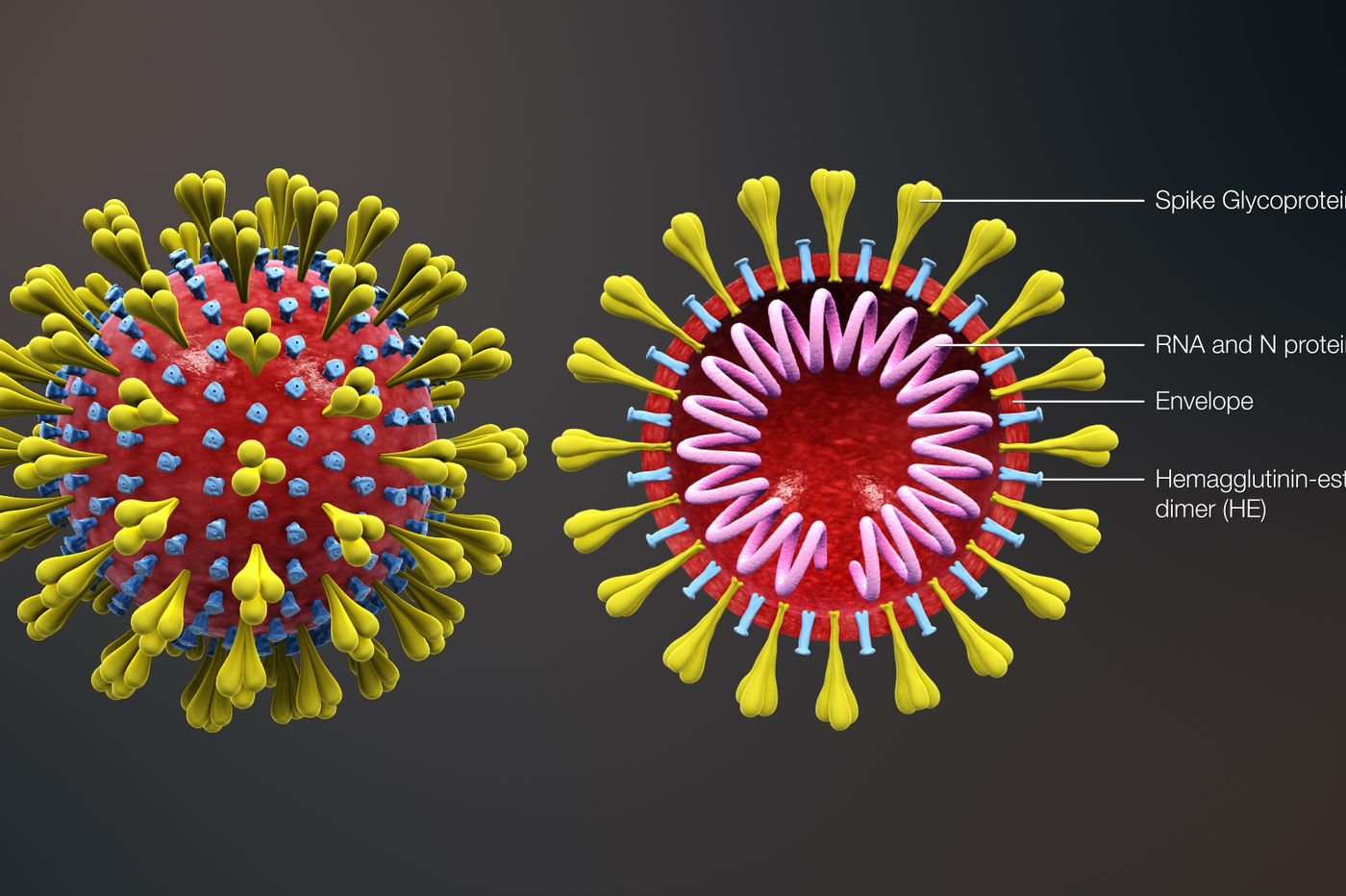Corona virus is now taking a toll on our lives. Governments from around the world are taking substantial steps to restrict the spread of Coronavirus.
Public gatherings aid the spread of coronavirus. When an individual next to you sneezes, you stand the risk of contracting coronavirus if the person next to you is infected. Hence using face masks is one of the preliminary precautions against the spread of coronavirus.
Coronavirus got started from China, and over 56 countries have felt its effects. As of now, over 100K people have been infected by Corona virus and worldwide deaths are over 3K. The WHO has declared the COVID-19 outbreak as a global pandemic.
In New Delhi, all sports events have been postponed, while cinema halls and shopping malls have shut down to an extent. Similar precautions are being taken in schools and colleges as well.
Corona virus cases in India
Coronavirus has been a cause of panic across India as well. The very first positive case in India appeared on 30th January in Kerala. Thereafter, coronavirus has spread at some other places across India. There is no known Corona virus cure, and the mortality rates of coronavirus patients are being closely monitored.

There are however some precautionary measures that should necessarily be taken. They include maintaining high levels of personal hygiene, sanitizing hands, using face masks and avoiding public gatherings. The disorder spreads from one person to another, and Coronavirus is a contagious disease. The government of India has hence canceled all travel visas and e-visas issued before 11th March. The USA has also taken similar steps and has halted air travel from 26 European countries to the US.
China and Italy Both Countries Suffering
It is in China and Italy that the cases of Coronavirus are most widespread. In India, Coronavirus has now been detected in patients from J&K, Hyderabad, Agra, Jaipur, Delhi, Pune, and Bengaluru. The spread of the epidemic in India and globally comes by as a matter of concern.
Some quick facts regarding Coronavirus

Covid-19 is recognized to belong to the Coronavirus family. It earlier prevailed in animals alone but made a transition to human beings late last year. Coronavirus infection in humans originated from Wuhan in China and the place of origin was a seafood market.
Transmission of the virus from one species to the next is rare, but that’s how Covid-19 initially spread to humans. It is being estimated that while the containment is insufficient, people infected from coronavirus will pass the condition on to others. Similarly, mortality rates of coronavirus are noticing to be higher as compared to infections such as seasonal flu.
Coronavirus is overall characterized with two features, the ability to spread and cause serious illness.
How does one safeguard oneself against getting infected against coronavirus?
- One must wash one’s hands frequently using soap and water. At a time, one must spend 20 seconds cleansing one’s hands.
- In case soap and water are not available, one must use a gel-based hand sanitizer. If one needs to cough, one should use a tissue and directly dispose of the tissue into a bin.
- Face masks offer a degree of protection against coronavirus and should be used. They block liquid droplets but not aerosol particles.
- Similarly, one must seek medical help promptly, in case one has cough, fever or difficulty breathing.
Covid-19 is difficult to distinguish from flu
The onset of coronavirus coincided with the flu season, and even doctors faced a degree of difficulty distinguishing among the two. Slow detection has been a cause of concern and comes into play due to the overlap in the spectrum of symptoms. In Italy, slow detection was one of the issues that associates with the spread of coronavirus.
Coronavirus symptoms
Coronavirus symptoms match with flu symptoms and are characterized by a quicker onset. They include high fever, muscle aches, sore throat, headaches, runny nose, shivers, and fatigue. At times, diarrhea and vomiting are the symptoms involved.
Coronavirus stays a subject of ongoing research and the entities associated with healthcare are finding out more about the symptoms of coronavirus. A few of the most characteristic symptoms of coronavirus are fever, dry cough, muscle aches, and fatigue. Breathing difficulties is another one of the characteristic symptoms. A runny nose and a sore throat are less frequent symptoms.
Mortality rates of corona virus cases stay in the line of 1%
Mortality rates of coronavirus cases have been below 1% in all probability. While they are believed to be higher, some renowned medical practitioners, such as Chris Whitty, believe that they will be below 1%.
Read More: Burst Out and Relieve Stress With Meditation at Home
The WHO had stated the mortality rates to be around 3.4%. This the number of casualties divided by the number of confirmed cases. But coronavirus has numerous mild cases that do not require hospitalized care. Those cases didn’t count for calculating Coronavirus’s mortality rates.
The number of casualties is higher among the elderly, as compared to younger people. Similarly, medical staffs, exposed to a high number of patients are in the high-risk group. Even while a coronavirus patient is over 80 years of age, there are 90% odds of recovery.






















